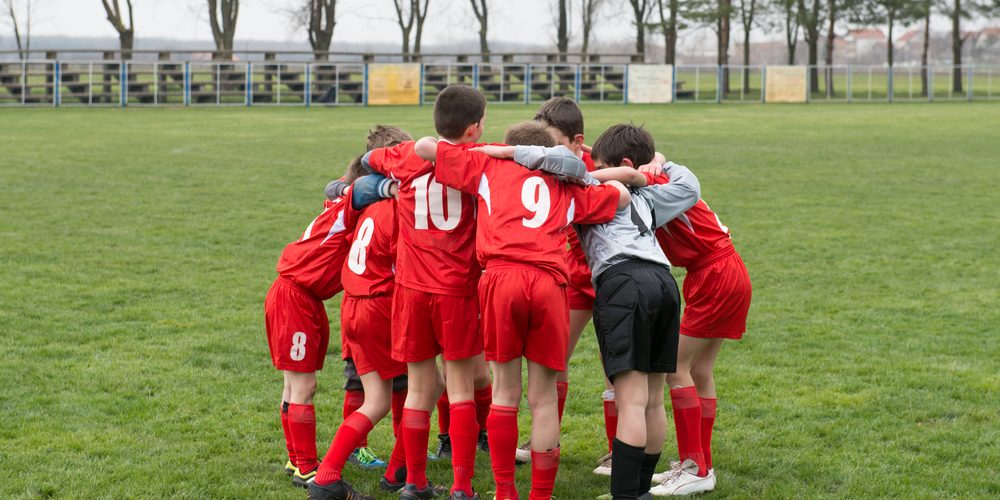Winning's not everything: How to convince parents
By Mike Woitalla
Coaching young players to increase their chances of excelling at the higher levels can often mean losing games. So how can coaches convince parents not to confuse scorelines with player development progress?
Here are a couple of methods that can help coaches show parents how to look for improvement without focusing on wins and losses:
A “Parent Pregame” is how U.S. Soccer Director of Coaching Education Dave Chesler addressed the issue during his long career of youth coaching.
“When I was directing clubs, I expected all the coaches to do it, and it was awkward for them at first,” says Chesler. “When the referee is checking equipment and checking in the players, I would gather our parents around and I would give them the Parent Pregame. Very simple things. …
“I’d review the major topics we’ve covered … ‘This week we worked on trying to pass shorter, play it out from the goalkeeper, and build the game from back — because ultimately that’s good for their development as they get older. And it includes everyone in the game. They’re all participating — the people defending, from the people in midfield, etc.'"
The parents now understood why the team might give up goals — because they’re trying to learn to play in a manner that’s the most successful at the highest levels.
“It’s not always warm and fuzzy,” Chesler says. “There’s always the parent who thinks they know more. At least, you’ve taken away the guesswork and provided them with something they can grasp onto and really focus their emotion and energy toward.
“I’d provide them with tools to encourage the kids. ‘When the goalkeeper has the ball, and you see the goalkeeper try and pass or play to one of those defenders, it would be great if you would encourage them because that’s exactly what we worked on.’”
With older teams — 13s, 14s — Chesler made a habit of handing out a target sheet to the players at the end of the last training before a match. He’d give parents a copy so they knew exactly what the targets were for the game. It’d be a very concise summary of what the team had worked on in training.
“There was information provided for the parents every game,” he says. “Not for them to discuss or debate from a technical standpoint, but just to support their kids.
“If you don’t do that, you leave it completely open-ended and now the atmosphere is such that a parent can make assumptions and really be critical of things that aren’t even relevant to what you’re trying to do.”
With younger players, the targets would be mostly technical.
“When I coached a 9-year-old team, it would be, for example, work on how to prepare the ball,” he says. “We’re going to try and prepare it so we keep it moving, so we don’t just stop it or kill it. I felt it was important to distinguish between trapping and redirecting — a higher level skill, more challenging.”
When a young player starts acquiring the skills of a good first touch that sets up her next move, it’s a major sign of progress. When parents see their children succeeding more frequently at that during a game, they realize the coach has helped the players improve even when the scores favor the opponent.
With older players, the targets could be more tactical, like group defending.
For Chesler, the Parent Pregame is part of a triad that keeps a youth team on track: “I call it PCP — Parent-Coach-Player all being connected.”


